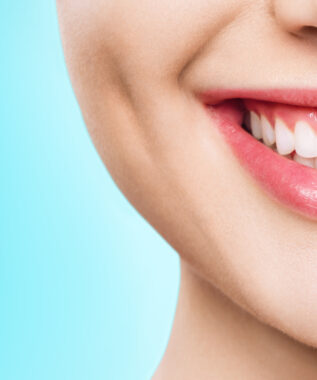 The need for tooth extraction isn’t as common as the need for other forms of dental treatments, such as fillings and crowns. The difference is that the goal of other restorative treatments is to help you preserve your healthy, natural tooth by repairing any damage to its structure. By contrast, extracting a tooth means removing the tooth structure entirely, which is why it’s only recommended when other restorative options won’t suffice to save your tooth. Today, we take a look at a few conditions that may fit this profile, and why tooth extraction could be the only way to resolve them for the good of the rest of your oral health.
The need for tooth extraction isn’t as common as the need for other forms of dental treatments, such as fillings and crowns. The difference is that the goal of other restorative treatments is to help you preserve your healthy, natural tooth by repairing any damage to its structure. By contrast, extracting a tooth means removing the tooth structure entirely, which is why it’s only recommended when other restorative options won’t suffice to save your tooth. Today, we take a look at a few conditions that may fit this profile, and why tooth extraction could be the only way to resolve them for the good of the rest of your oral health.
Problems with your tooth structure
Many of the oral health concerns that lead to tooth extraction involve damage or decay of a severe degree to your tooth structure. For example, a fracture in your tooth that extends to its root, a significantly large piece of the tooth breaking off, it’s a case of decay that becomes extreme, and other forms of severe damage may be too severe to save the tooth. Because it’s so compromised, the tooth can also negatively impact every other aspect of your oral health, including your bite and function and the integrity of your other oral structures. Extracting and replacing the tooth can be the best way to remove this negative influence and restore your bite’s full ability to function.
Lack of support from your gums and jawbone
Direct issues with your tooth structure aren’t the only reason why some teeth need to be extracted. Your smile and oral health also rely heavily on the supportive tissues and structures that surround your teeth, particularly your gums and jawbone structure. When this foundation becomes compromised, such as by progressive gum disease, it can eventually lead to tooth loss or the need to extract the tooth to preserve your smile. In fact, this is the reason why gum disease is the leading cause of tooth loss, as the erosion of these structures may not be as obvious as other oral health concerns in its early stages.
Bite dysfunctions that destroy your teeth
If your teeth don’t seem damaged or compromised, but you experience a bite dysfunction such as bruxism (constant teeth-grinding), then it may not be long before they are. Bruxism is an uncontrollable condition that can lead to excessive tooth wear and damage the longer it’s left untreated. In severe cases, the level of damage that it can cause to your tooth structure can become so extensive that extracting and replacing the tooth is the only viable option for restoring your smile. However, your treatment will also include treating and managing your bruxism to avoid further problems with your teeth and restoration.
Learn how to avoid the need for tooth extraction
There are multiple conditions that could potentially lead to the need for tooth extraction. In every case, the problem is serious enough that you shouldn’t wait to address it. To learn more, schedule an appointment with us by calling Dreem Dentistry in Leawood, KS, today at 913-681-5500. We also serve patients who live in Overland Park and all surrounding communities.






